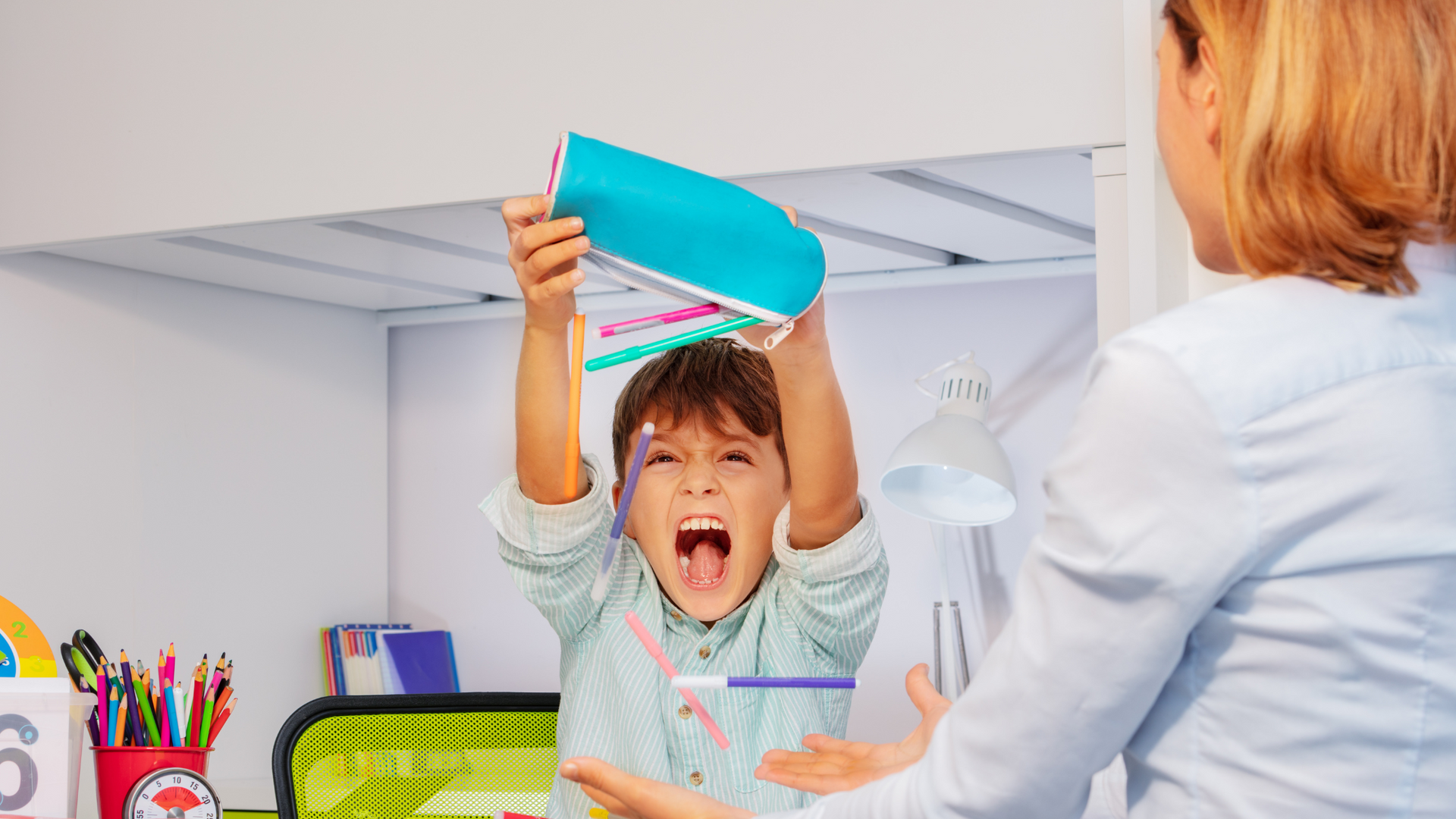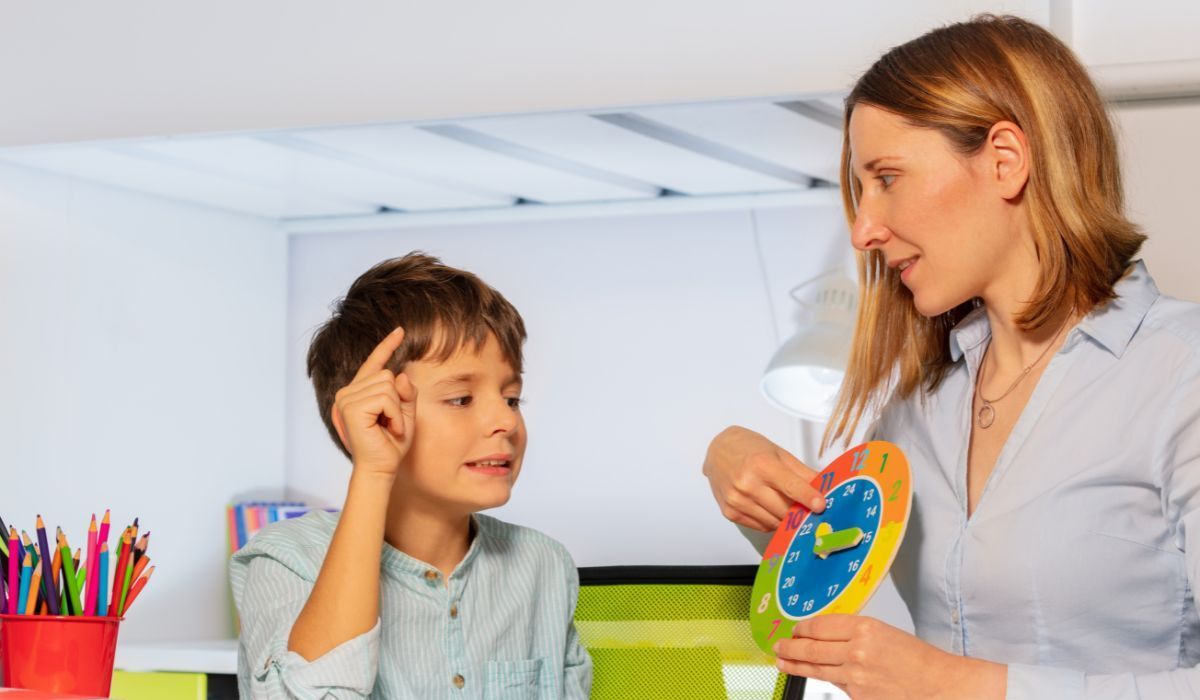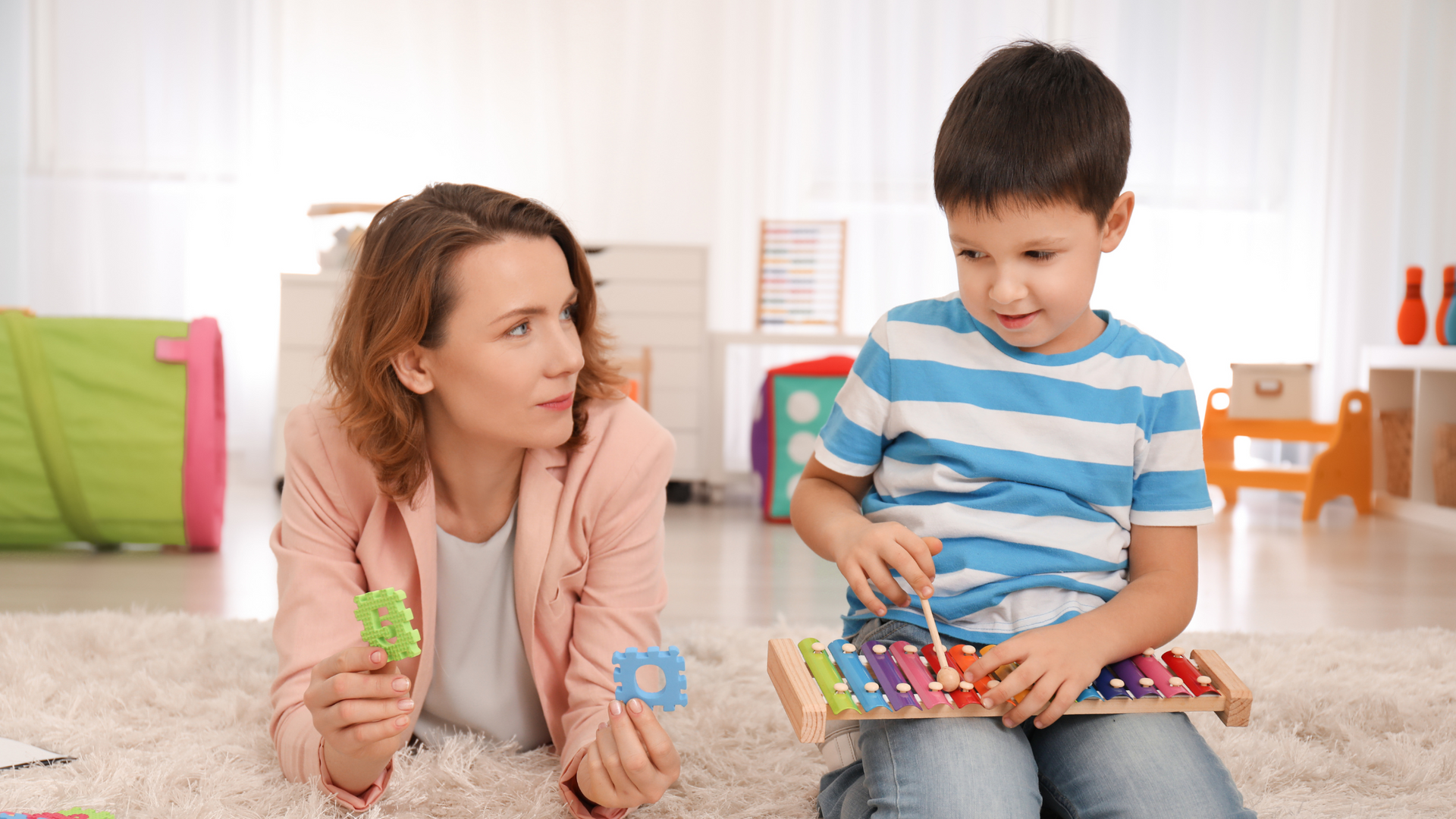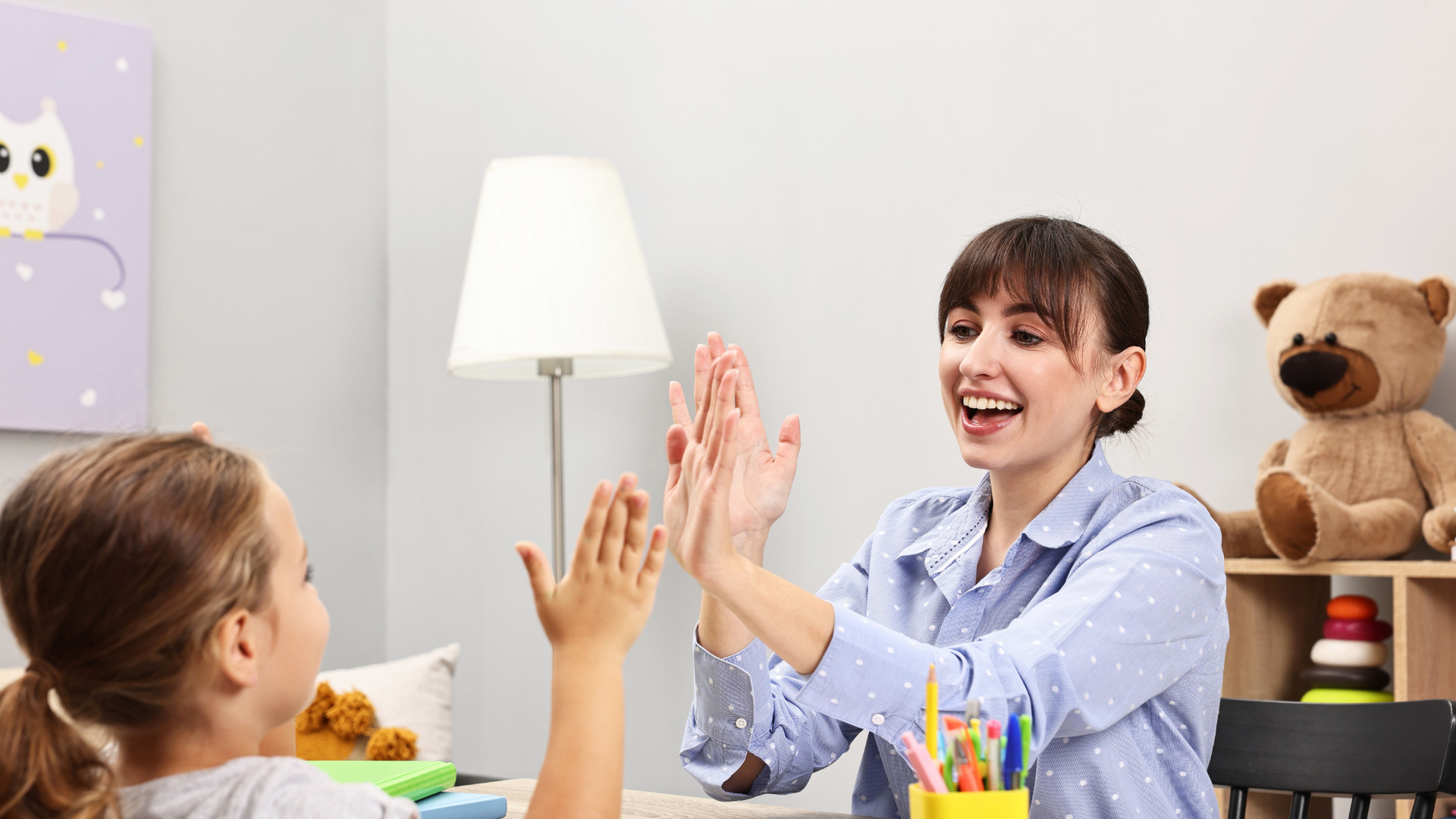How ABA Helps Children Master Dressing, Brushing, and Other Self-Care Skills
Daily self-care routines such as brushing teeth, getting dressed, washing hands, and putting on shoes may seem simple, but for many children, especially those facing developmental or communication challenges, these tasks can feel overwhelming. What often appears as resistance or difficulty may actually stem from struggles with sequencing, motor planning, or understanding expectations.
Applied Behavior Analysis (ABA) provides a proven, step-by-step approach to help children learn and gain independence in these essential life skills. Whether you're preparing your child for school readiness, building independence at home, or simply wanting less struggle during the morning routine, ABA offers tools that make a measurable difference.
If you’re searching for the best in home ABA therapy near me, understanding how these services support self-care is the first step to empowering your child and making family life smoother.
Why Are Self-Care Skills So Challenging for Some Children?
Self-care tasks often involve multiple steps, fine motor coordination, and the ability to follow a sequence—skills that may not come naturally to every child. For instance:
- Brushing teeth requires squeezing toothpaste, holding the brush at the correct angle, brushing in all areas, rinsing, and cleaning up.
- Getting dressed involves choosing clothes, managing fasteners, and placing items on in a particular order.
When a child doesn’t grasp the full process or lacks the coordination to complete it easily, frustration can build. This is where ABA becomes a powerful ally.
The ABA Approach to Teaching Self-Care
ABA breaks complex tasks into manageable steps and teaches them using structured, positive reinforcement. Rather than expecting a child to go from complete dependence to total independence in one leap, ABA focuses on gradual progress through a technique called task analysis.
Here’s how it works:
- Break Down the Task
Each skill is divided into small steps. For example, “brushing teeth” might be broken down into 10–15 parts, from picking up the toothbrush to rinsing and putting it away. - Teach Step-by-Step
Each step is taught individually using prompts, modeling, and hands-on guidance, depending on what your child needs. Progress is tracked carefully to ensure mastery. - Fade Prompts Over Time
As your child gains confidence, prompts are reduced so they become more independent. The goal is for your child to complete the full task with little or no help. - Reinforce Success
Positive behaviors are celebrated. Whether it's a smile, verbal praise, or a favorite reward, reinforcement helps encourage continued effort and learning.
Through best in home ABA therapy Maryland, children are given the opportunity to learn these skills where they’re needed most—right at home.
Why In-Home Therapy Works So Well for Daily Living Skills
Practicing brushing teeth at a clinic sink or learning to tie shoes in a therapy room doesn’t always translate to success at home. That’s why in-home therapy is often more effective when targeting self-care goals.
Children learn faster when skills are practiced in their real environments using their own clothes, toothbrush, bathroom, or kitchen setup. In-home ABA allows therapists to incorporate familiar routines, actual challenges, and household-specific strategies. It also allows for consistent parental involvement, which reinforces learning outside of sessions.
Families looking for the best in home ABA therapy Maryland often report greater progress in self-care skills when therapy is tailored to their home setting and integrated into everyday routines.
Self-Care Skills Commonly Taught with ABA
Each child’s plan is unique, but some common self-care skills that ABA therapists help develop include:
- Brushing Teeth
Children learn not only how to brush thoroughly but also when and why it's important, helping them internalize healthy habits. - Dressing and Undressing
This includes managing buttons, zippers, socks, and shoes in a structured order that builds independence and reduces frustration. - Toileting
ABA can help children learn the full process, from recognizing the urge to completing hygiene steps afterward. - Handwashing
Children are taught to follow all steps—wetting hands, applying soap, scrubbing for enough time, rinsing, and drying. - Hair Combing and Grooming
Some children find personal grooming overwhelming. ABA uses gradual desensitization and rewards to help reduce resistance. - Meal Prep Basics
Skills such as pouring cereal, using utensils, or preparing simple snacks are taught to build autonomy and confidence.
How ABA Encourages Independence Without Pressure
One of the most important aspects of ABA is that it meets children where they are. Instead of overwhelming them with expectations, therapy is paced to the child’s current abilities and learning style. Through gentle prompting, positive feedback, and goal setting, children begin to take more initiative and pride in their abilities.
Parents are also coached throughout the process so that skills can be practiced during everyday moments. Morning routines, bedtime preparation, and after-school hygiene can all become smoother with a consistent ABA plan in place.
A Real-Life Example
Let’s say your child struggles with putting on a shirt. They may get stuck figuring out the front from the back or where to place their arms. In ABA, a therapist would first demonstrate, then guide your child’s hands, and slowly pull back support as your child learns the motions.
Each success, no matter how small, is celebrated. The frustration of “I can’t do this” is replaced with “I’m getting better,” which builds confidence far beyond the task itself.
Choosing the Right ABA Partner for Daily Living Support
Not all therapy approaches emphasize life skills, but at
Able Minds ABA, we believe that independence is foundational to long-term success. Our team works closely with families to identify priority self-care goals and integrate them into therapy plans.
When seeking the best ABA therapy Maryland, it’s important to choose a provider that prioritizes your child’s real-world development—not just classroom readiness or language skills. That’s where daily living interventions make a lasting impact.
Final Thoughts
Helping your child learn to brush their teeth, dress independently, or follow a morning routine may seem like small wins, but these victories create ripples that affect every area of their life—from school performance to self-esteem.
ABA offers a structured, compassionate way to teach these skills, one step at a time. And with the availability of best in home ABA therapy near me, families don’t need to face these challenges alone. The right support, in the right environment, can make all the difference.










